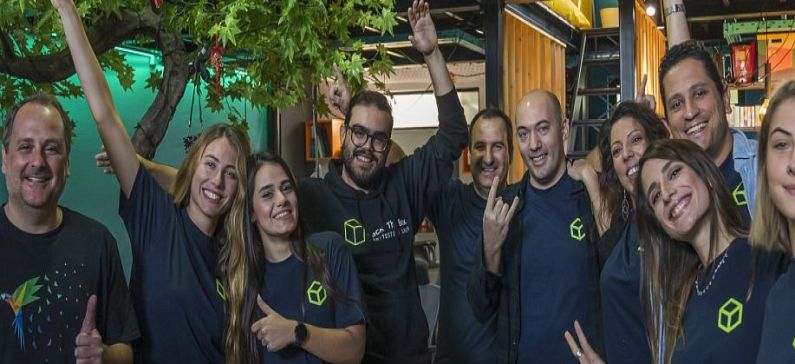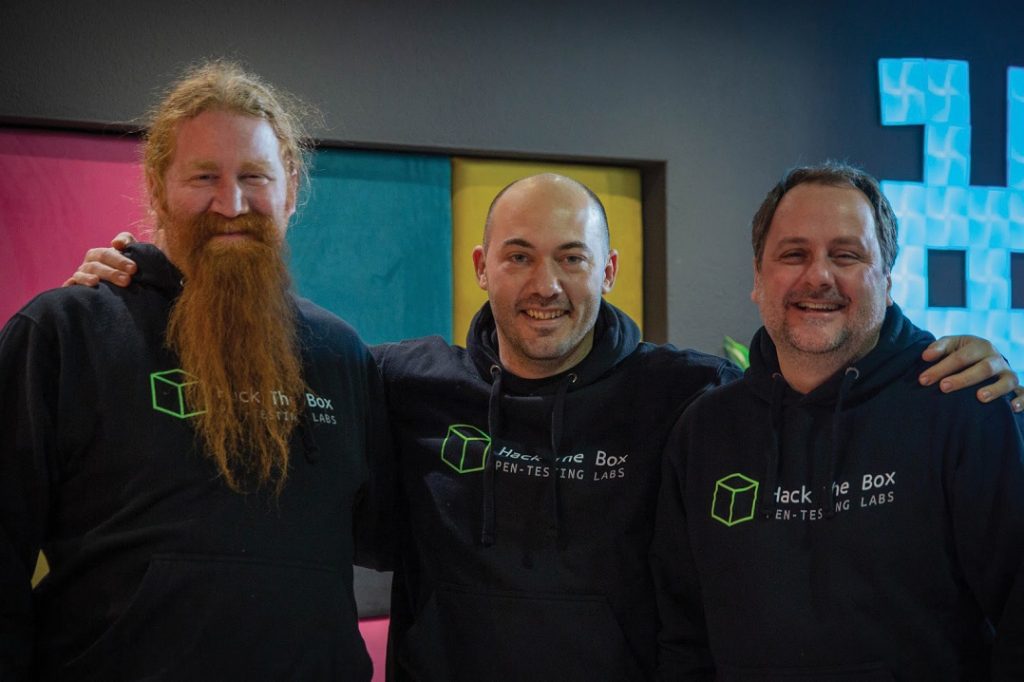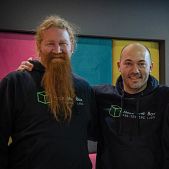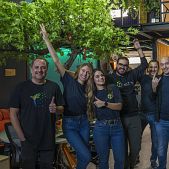
The Greek Start Up that trains the ethical hackers of the future
The start-up company “Hack the Box” – an innovative idea that was born and took its first steps in the living room of a computer engineer in Faliro – managed to fill an important gap in the global market: the creation of a platform for the training and practice of “ethical hackers” in order to create a safer online environment. The recent completion of a $55 million Series B investment in the company by Carlyle is a huge step towards its further expansion. At the same time, it raises expectations for an excellent year for the Greek startup ecosystem.
Carlyle is one of the world’s largest funds with $369 billion under management. Investors such as Paladin Capital Group, Osage University Partners Marathon Venture Capital, Brighteye Ventures and Endeavor Catalyst Fund also participated in the funding round. With this investment, the US fund acquires a high minority stake in the company, whose valuation is estimated to have exceeded €200 million.
When, in 2017, he started working on a project that he hadn’t shared with anyone, Charis Pilarinos had no idea that a few years later his idea would make him famous all over the world. His goal was to create from scratch a cybersecurity training platform in order to address difficulties that he himself faced in his daily life as a computer engineer. He wrote the code, designed the platform – even the graphics – and from his apartment in Faliro he launched Hack the Box. It was a series of simulations (boxes) that the user had to hack in order to be trained to discover system weaknesses.
The basic idea behind the creation of the platform was that the most effective way to build cybersecurity skills was through practice. “To hack you can’t just read a manual. You have to test, share knowledge and methodologies, constantly evolve your skills. So I realized that there is a gap, a need, which I tried to fill with Hack The Box”, Charis Pilarinos has stated.
The platform was initially launched exclusively targeting the Greek audience. In a short period of time it managed to attract the interest of almost everyone involved in cybersecurity issues in Greece. However, its founder wanted it to become a global meeting place and soon launched the English version. James Hooker, with whom he met through the platform and later became co-founder and Chief Technical Officer of the company, and Aris Zikopoulos, who joined the founding team and became Chief Commercial Officer, played a key role in its expansion.

From left to right the three co-founders of Hack the Box: James Hooker, Haris Pylarinos and Aris Zikopoulos
Training the ethical hackers of the future
Thousands of organisations around the world, from governments and corporate giants to academic institutions, are using the platform to create a well-trained workforce ready to tackle any cyber threat. Hack The Box has created the largest cybersecurity education community in the world, with more than 1.7 million registered members.
The platform has users perform activities that simulate real-life cyberattack conditions on virtual machines (Boxes). This is one of the most effective practices of cybersecurity experts, with many organisations and businesses hiring people to carry out attacks on their digital systems and find potential gaps and weaknesses related to their security. On the platform this is all done in a ‘gaming’ environment, with full interaction between users, who compete in special categories to level up and win prizes.
They are, in essence, potential “ethical hackers”, people who acquire the skills to simulate the way cybercriminals move and stay one step ahead – for the benefit of their company, their organisation, or even themselves. All of this happens through hundreds of virtual hacking workshops and a plethora of interactive cyber security courses.
The company currently employs 180 people, 100 of whom work in its new offices in Alimos. Based in Kent, England, it has properties in New York and London and a Research and Development centre in Athens, while its annual growth rate is 100%. Its growth plan foresees that within the next two years it will have 300 people staff.









